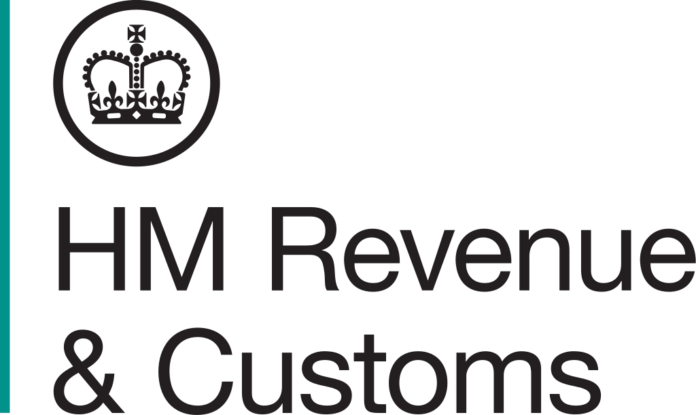
For self-employed individuals in the UK, understanding and complying with HM Revenue & Customs (HMRC) regulations is crucial. Managing your own tax affairs can be complex, and certain aspects of the rules are frequently overlooked, leading to errors that can be costly. Adam Collins, CEO of Ignite SEO aims to highlight common mistakes made by self-employed individuals and offer guidance on how to avoid them.
Failing to Register for Self-Assessment on Time
One of the first steps you need to take as a newly self-employed individual is to register for Self-Assessment. This needs to be done by the 5th of October in your business’s second tax year. Missing this deadline can result in penalties, and you risk getting caught up in last-minute hassles to sort your taxes.
Misunderstanding Expense Deductions
Determining what expenses can be claimed is critical for the self-employed. While you are allowed to deduct legitimate business expenses to reduce your taxable income, not all expenses are allowable. For instance, personal expenses must be strictly separated from business ones. Common missteps include improperly claiming home office expenses or the cost of commuting, which is not deductible unless it’s travel to a temporary workplace.
Poor Record Keeping
Accurate record-keeping is vital but often neglected by the self-employed. HMRC requires you to keep records of your income and expenses for at least 5 years after the 31 January submission deadline of the relevant tax year. Failure to maintain proper records can lead to inaccurate tax returns and the potential for stressful and costly audits.
Ignoring National Insurance Contributions
Many self-employed people overlook the importance of National Insurance Contributions (NICs). There are two types you might need to pay: Class 2 if your profits are above a small earnings threshold, and Class 4 if your profits exceed a lower limit. Not understanding or forgetting these contributions can lead to unexpected bills and penalties.
Inadequate Planning for Tax Payments
Tax payments can be a significant financial burden if not planned for adequately. Self-employed individuals are required to pay their taxes through Self-Assessment by the 31st of January each year, and those with significant tax bills must also make payments on account, which are advance payments towards the next year’s tax bill, due in January and July. Failing to budget for these can lead to cash flow issues.
Overlooking VAT Registration
If your annual turnover exceeds the current VAT threshold of £90,000, you must register for VAT. Many self-employed individuals either register too late or fail to register at all, which can lead to penalties and a backdated tax bill. Even if you don’t exceed the threshold, voluntary registration might benefit you by allowing you to reclaim VAT on purchases.
Adam Collins, CEO of Ignite SEO says:
Being self-employed brings the freedom to manage your own business, but it also requires diligence in handling your tax affairs. By being aware of these common pitfalls and actively working to avoid them, you can ensure that you stay compliant with HMRC’s regulations and avoid unnecessary penalties. Regularly updating your knowledge and possibly consulting with a tax professional can also help manage the complexities associated with self-employment taxes.
Help keep news FREE for our readers
Supporting your local community newspaper/online news outlet is crucial now more than ever. If you believe in independent journalism, then consider making a valuable contribution by making a one-time or monthly donation. We operate in rural areas where providing unbiased news can be challenging. Read More About Supporting The West Wales Chronicle

























